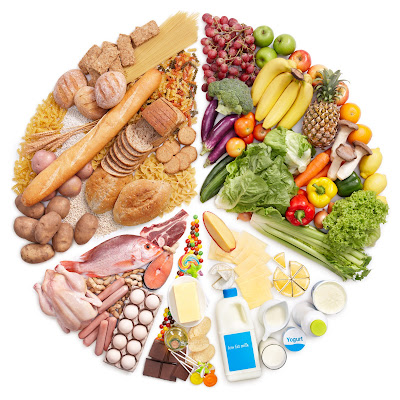The Role of Nutrition in Weight Loss: A Comprehensive Guide
In the pursuit of a healthier lifestyle, understanding the critical role of nutrition is paramount, particularly when it comes to weight loss. This blog post aims to shed light on the significance of adopting a well-balanced and nutritious diet to not only achieve but also sustain weight loss goals over the long term.
II. The Basics of Weight Loss Nutrition
Embarking on a weight loss journey involves grasping the fundamental principles of nutrition. At its core, weight loss is about creating a calorie deficit – expending more calories than consumed. However, it goes beyond mere calorie counting; the focus should be on nutrient-dense foods that provide essential vitamins and minerals crucial for overall health.
III. Components of a Well-Balanced Diet
A well-balanced diet encompasses a variety of nutrients, including carbohydrates, proteins, fats, vitamins, and minerals. Each component plays a vital role in supporting the body's functions and contributes to a successful weight loss journey. Carbohydrates provide energy, proteins aid in muscle repair, fats support hormone production, while vitamins and minerals are essential for various physiological processes.
IV. Specific Foods that Aid in Weight Loss
When it comes to weight loss, certain foods can be valuable allies. Incorporating lean proteins such as chicken, fish, tofu, and legumes ensures the body receives adequate protein without excessive calories. Whole grains like quinoa, brown rice, and oats provide sustained energy and fiber, aiding in satiety. Fruits and vegetables not only bring vital vitamins and antioxidants but also contribute to a feeling of fullness. Healthy fats from avocados, nuts, and olive oil are crucial for overall well-being.
V. Foods to Limit or Avoid for Weight Loss
To maximize weight loss efforts, it's essential to be mindful of foods that may hinder progress. Processed and sugary foods, high-calorie snacks, and desserts can contribute to an excessive calorie intake. Similarly, reducing the consumption of refined carbohydrates can positively impact weight loss.
VI. Meal Planning and Portion Control
Effective meal planning is a key aspect of successful weight loss. Structuring meals that balance essential nutrients and practicing portion control can help manage overall calorie intake. Planning ahead also reduces the likelihood of succumbing to unhealthy food choices.
VII. Hydration and Weight Loss
Often overlooked, hydration plays a crucial role in supporting weight loss. Drinking an adequate amount of water not only promotes overall health but can also contribute to a feeling of fullness, potentially reducing calorie intake during meals.





Comments
Post a Comment